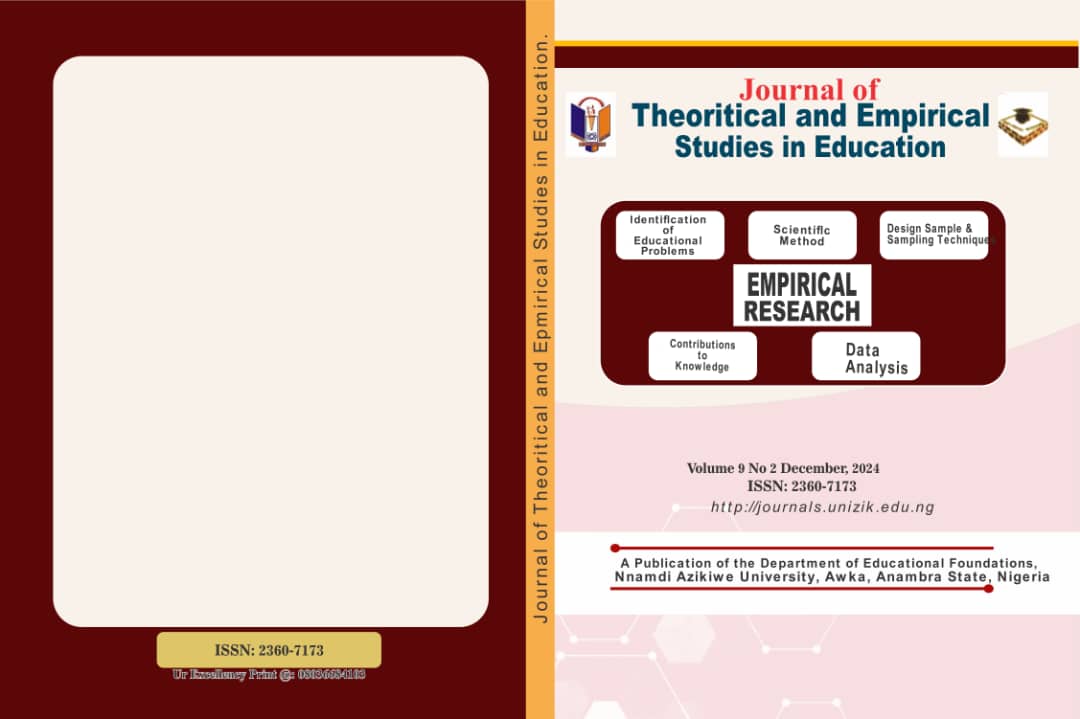Enquiry of Hospital Emergency Practices on Patients with Hearing and Speech Impairment
Implications and Solutions
Keywords:
Hearing Impairment, Speech Impairment, Hospital, Emergency Practice, Patient.Abstract
The study titled "Critical Enquiry of Hospital Emergency Practices on Patients with Hearing and Speech Impairment: Implications and Solutions" explores the challenges faced by individuals with hearing and speech impairments in emergency healthcare settings. These individuals often encounter significant communication barriers, leading to potential misdiagnosis, delays in treatment, and emotional distress. This research aims to critically examine current hospital emergency practices, identify the shortcomings in providing adequate care to these patients, and propose practical solutions to improve their healthcare experience. Using experience, the study gathers data through interviews, one-on one discussion, on the sport scenarios and observations involving patients, healthcare professionals, and emergency room staff. From the observations made there seems to be lack of standardized communication protocols, insufficient training of healthcare providers, and inadequate accessibility measures. The study also highlights the emotional and psychological impact of these communication barriers on patients with hearing and speech impairments. The discussion section
analyses these findings, linking them to broader ethical and legal implications, and suggests that comprehensive training programs, the use of assistive technologies, and the inclusion of sign language interpreters are crucial steps toward improving emergency care. Policy recommendations are provided to enhance the inclusivity of emergency practices, ensuring that the rights and needs of patients with hearing and speech impairments are adequately addressed.




